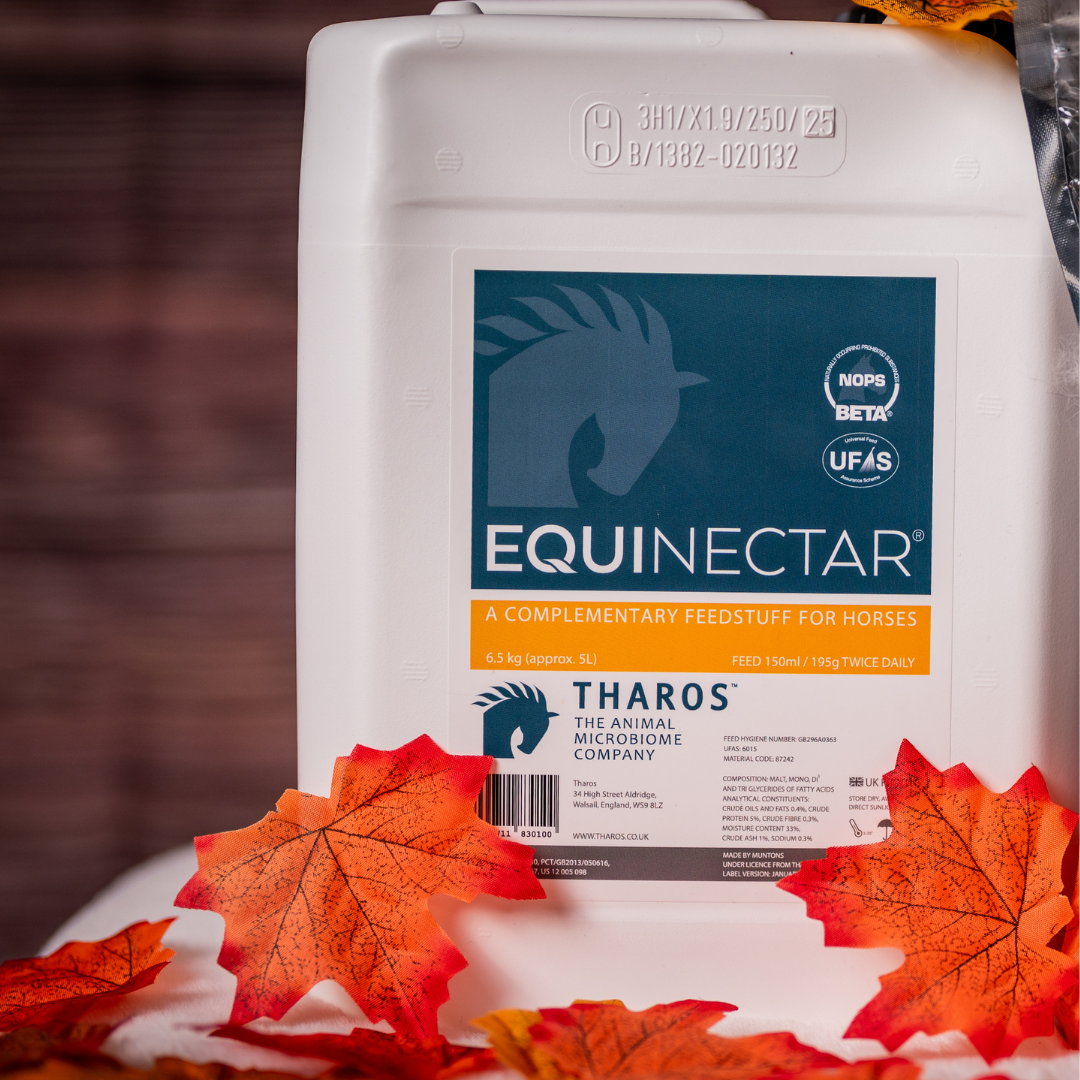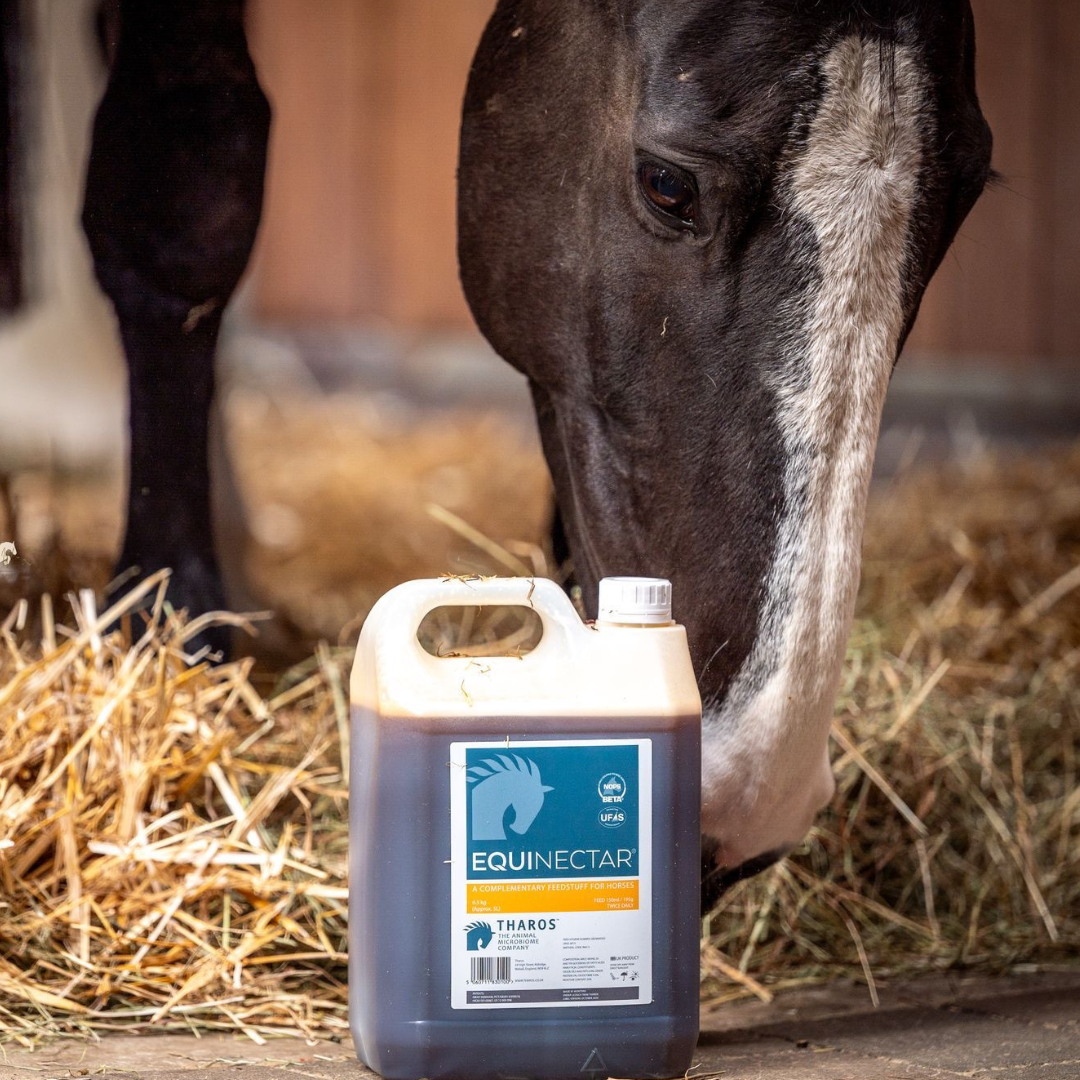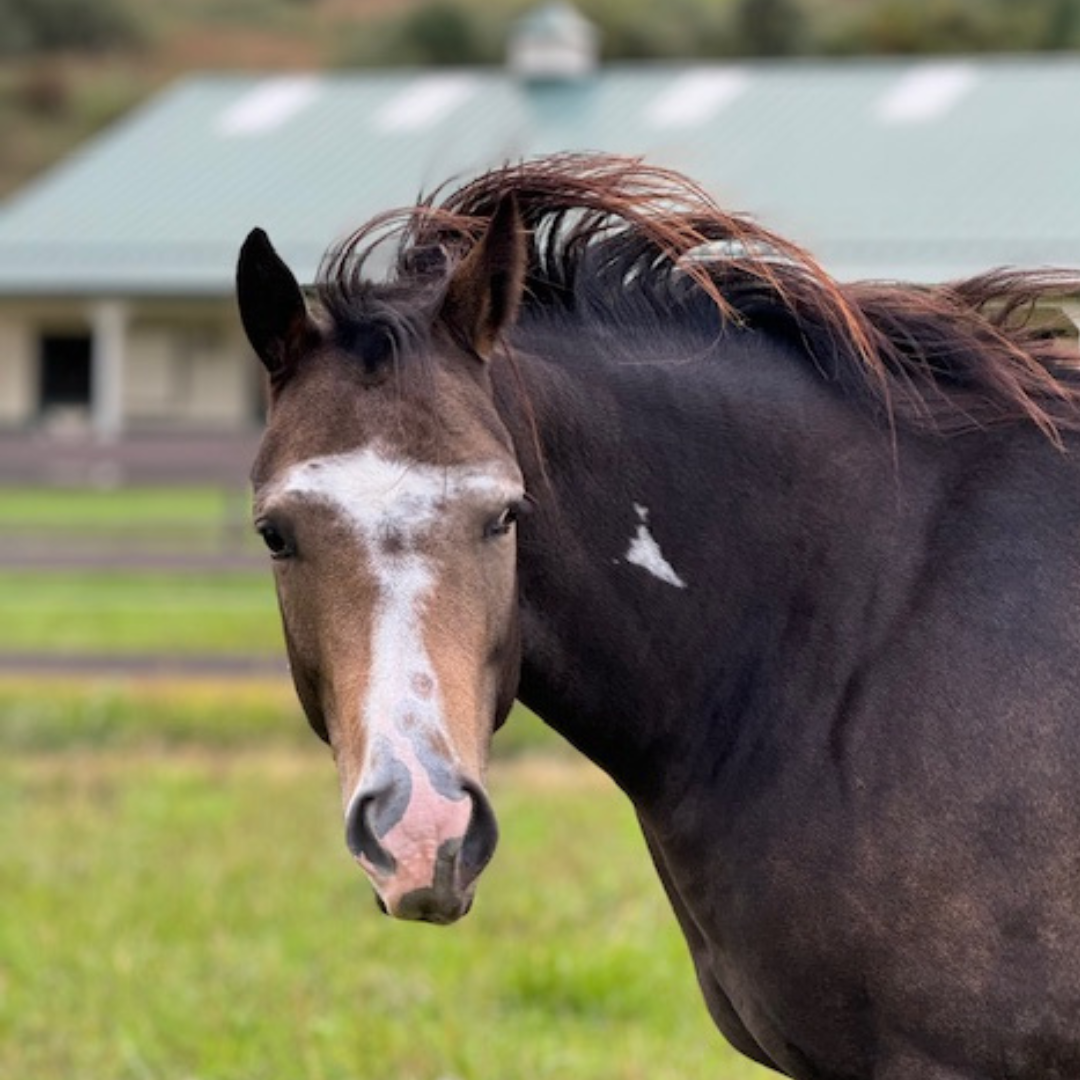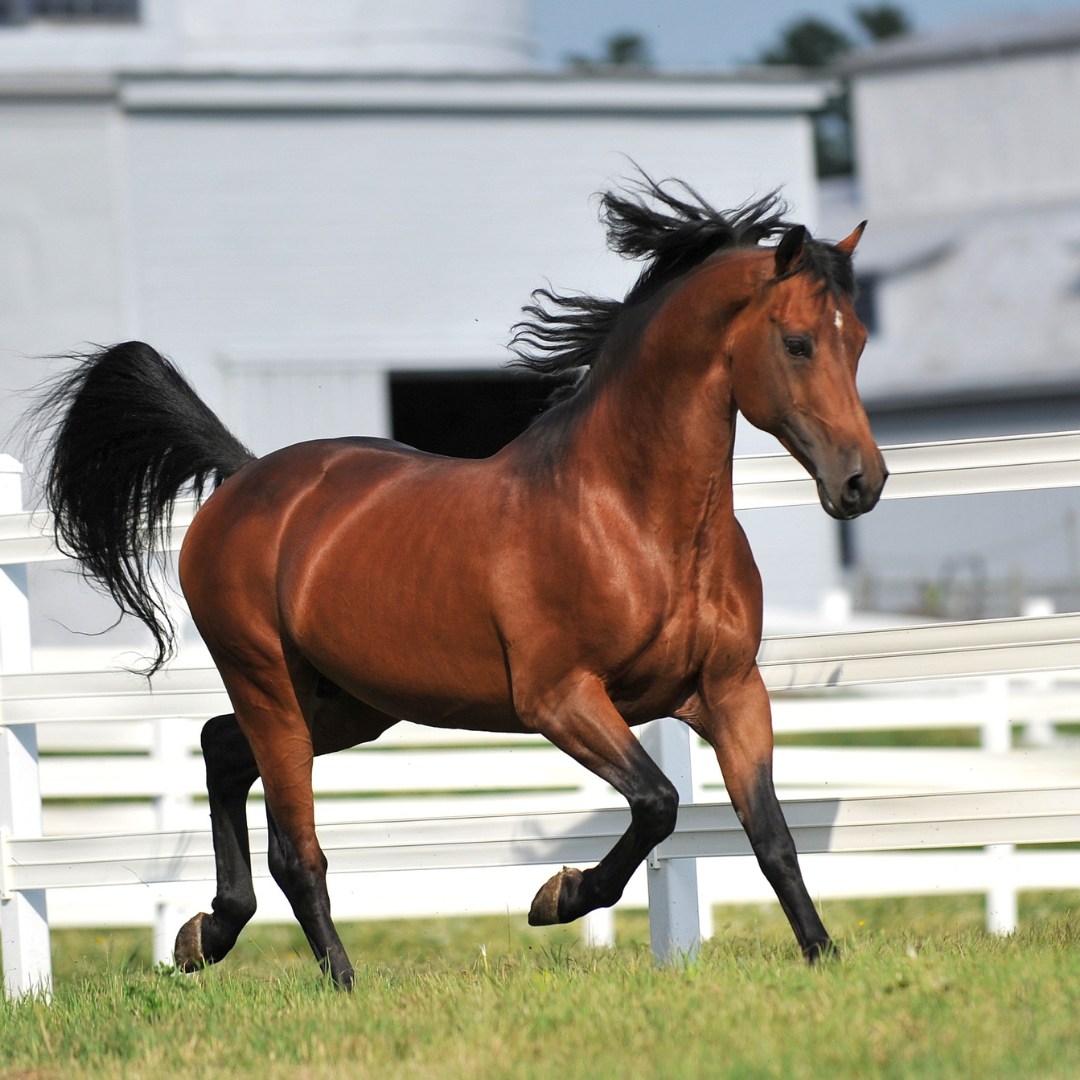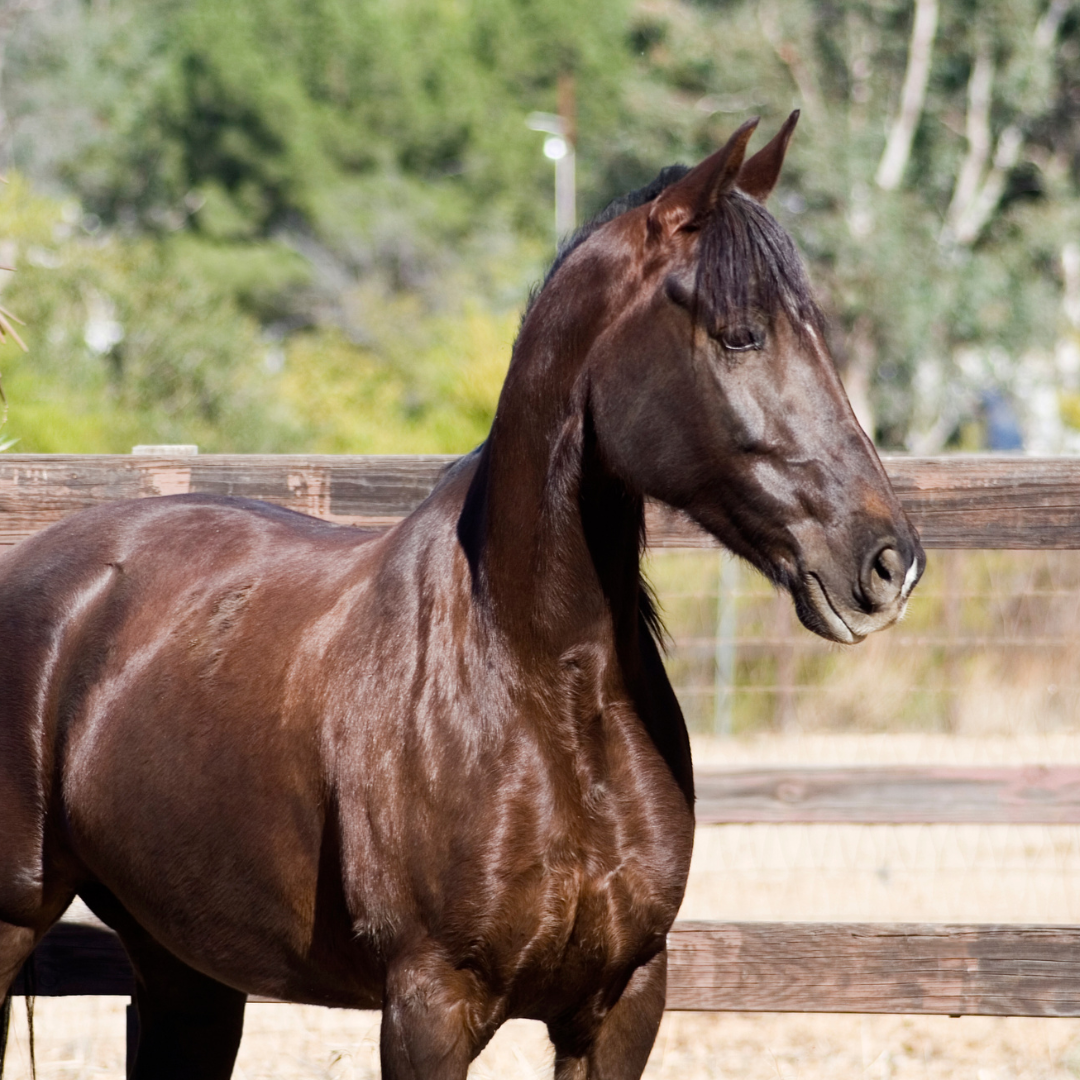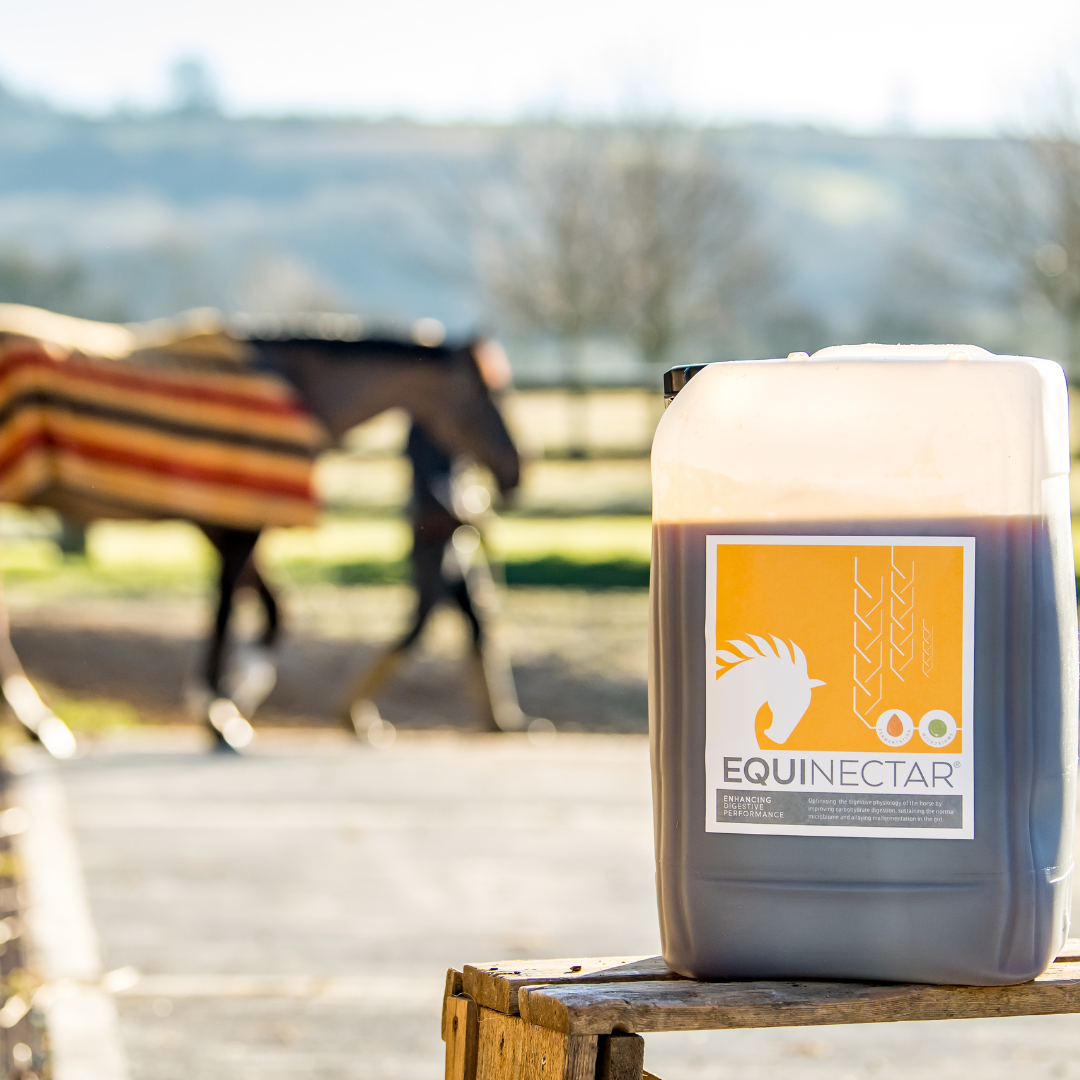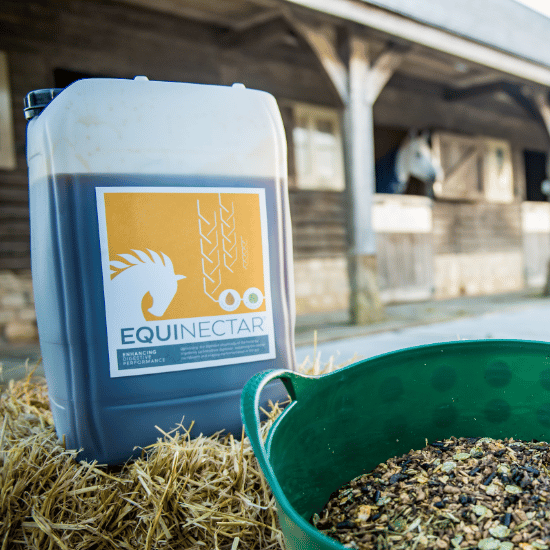Autumn Grass Challenges for Dressage Horses: Managing the Sugar Surge with Digestive Support
As autumn approaches, dressage horse owners face a particularly challenging period when managing their horses' grazing. While many associate spring with problematic grass sugar levels, autumn can prove equally, if not more, challenging for the health and performance of dressage horses.
Flash, a 5-year-old Connemara with hindgut sensitivity, became noticeably calmer and less nervous after starting EquiNectar.
The Science of Equine Wellness: From Prevention to Gut Health Excellence
Every horse owner wants their animal to thrive, not just survive. Recent veterinary research, including groundbreaking work by Cornell University researchers, has provided fascinating insights into what truly makes the difference between merely maintaining horses and helping them achieve peak wellness.
Meet our first Horse of the Week US Edition! Glory B overcame severe stage 4 ulcers. No recurrence since EquiNectar!
Meet Kyro – this magnificent 17’3 ID Cross was struggling with lameness, dull coat, and cellulitis. His owner suspected hindgut issues. Five months with EquiNectar and he has transformed completely!
Common Gastrointestinal Issues in Morgan Horses: A Comprehensive Overview
While generally healthy, Morgan horses can experience various gastrointestinal (GI) issues that require careful management and veterinary intervention. This article examines the most common GI challenges faced by Morgan horses and discusses current approaches to prevention and treatment.
Common Gastrointestinal Issues in Tennessee Walking Horse: A Comprehensive Overview
Tennessee Walking Horses require particular attention to their gastrointestinal health to maintain their performance and overall wellbeing. This comprehensive overview examines the common digestive issues affecting Tennessee Walking Horses and current management approaches.


